During tax season in Northern Colorado, many are eager to make financial improvements or set a new course. Creating or updating an estate plan may be somewhat daunting, but it’s a smart goal that creates confidence in the future.
The words “estate planning” conjure images of wealthy or older estate owners with a healthy trust fund and a will. Yet estate planning is for every proactive individual or family, preserving their money, home, investments, and other assets for their children or themselves as they age. Estate planning is evolving and expanding its boundaries to include elder law and our best interests as we age. This change creates more strategies to consider in your estate planning.
As an experienced estate planning attorney, I’ve encountered numerous surprises and insights along the way. Here are three surprising strategies that create a more flexible estate plan:
Embrace Estate Planning Flexibility: Future-Proof Your Legacy
It’s impossible to predict economic shifts or future tax laws. This unpredictability emphasizes the need for flexibility in your estate plan to better serve your interests and wishes. Legislative changes, economic fluctuations, and personal circumstances impact your plan. As Kiplinger noted in the article, “2024 Uncertainty Highlights Need for Estate Plan Flexibility,” one way to achieve this flexibility is through the strategic use of trusts.
A More Flexible Irrevocable Trust Agreement
Contrary to popular belief, even irrevocable trusts can offer some degree of adaptability. Depending on state laws and whether your state follows the Uniform Trust Code (UTC), your irrevocable trust can allow for modifications under certain circumstances. Discuss irrevocable trust agreement options with a local estate planning attorney familiar with Colorado law. While allowing adjustments to an irrevocable trust might be wise, make sure they are limited and don’t deviate from your core intentions. Safeguard your wishes while accommodating unforeseen changes.
How Naming A Trust Protector Adds Flexibility to Your Estate Plan
Consider appointing a trust protector – a trusted individual empowered to make minor modifications to the trust as needed. Often, the attorney who drafted the trust, a trust protector, helps the trustee or beneficiaries of the trust. Minor edits that preserve the original purpose involve successor trustees or co-trustees and beneficiaries. Whether responding to changing trustee circumstances or addressing evolving beneficiary needs, a trust protector adds a layer of agility to your estate plan, so it is relevant over time.
Define Your Purpose: It’s More than Distributing Assets
Beyond mere asset distribution, consider articulating a clear purpose for your trust. Rather than solely focusing on financial disbursements, an expressed purpose statement provides invaluable guidance to trustees, beneficiaries, and the courts.
This purpose-driven approach empowers you to shape the trajectory of your legacy, reflecting your values and aspirations. Whether enhancing a loved one’s quality of life, prioritizing specific needs, or preserving a certain standard of living in Fort Collins, a purpose statement lends depth and direction to your estate plan.
Key Takeaways:
- Uncertainty in 2024: Economic unease, inflation, and changing state laws create the need for flexibility in estate plans.
- Irrevocable Trusts: Contrary to long-held belief, many states allow minor edits to an irrevocable trust agreement.
- A Trust Protector: Add a trust protector to your trust agreement to account for the needs of successor trustees, co-trustees, or beneficiaries.
- A Purpose Statement: Include a detailed description of your intentions in your trust. A purpose statement outlines your intentions for a trustee, beneficiaries, and a court making any trust-related decisions.
Conclusion
As people age, the economy creates uncertainty and life changes. Estate planning evolves, creating the need for flexibility in an estate plan. Flexible estate plans benefit your beneficiaries and better preserve your legacy intentions. Enabling minor or specific edits to an irrevocable trust, appointing a trust protector, and outlining your intentions explicitly provide a roadmap for trustees to make complex decisions and carry out the legacy you envisioned. Contact an experienced attorney and advisor at Fiore Legal.
Reference: Kiplinger (Jan. 22, 2024) “2024 Uncertainty Highlights Need for Estate Plan Flexibility”
